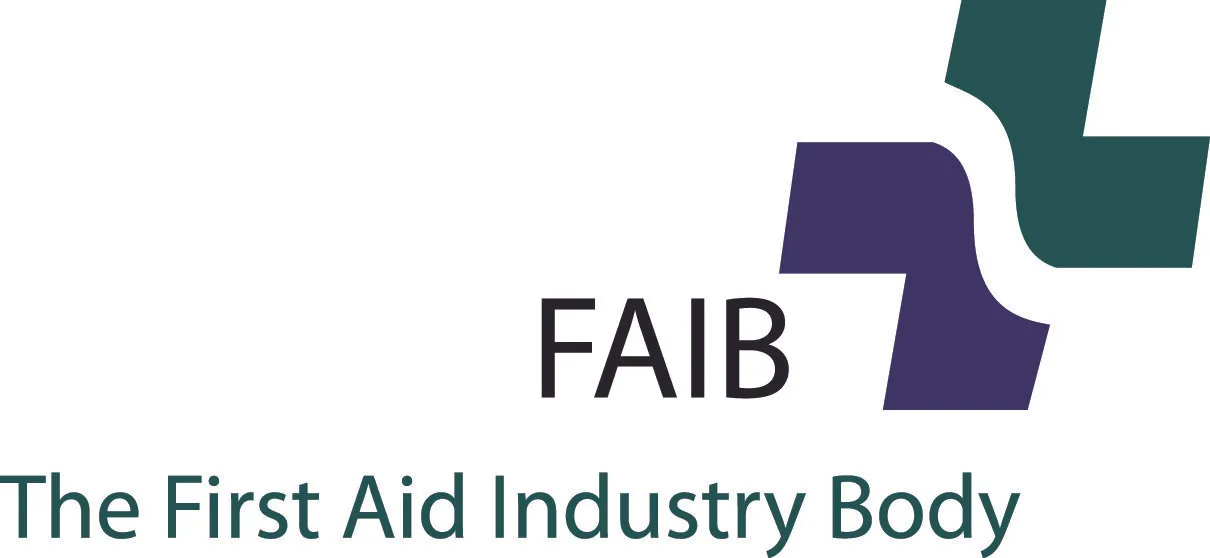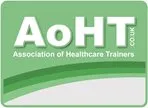- People Moving
This course is ideal for all workplace requirements, as it includes safer moving and positioning of people as well as manual handling objects. The course is desinged to meet the requirements and recommendations of the HSE Manual Handling Regualtions 1992 as well as other relevant regulations and guidelines. It also includes a module on slips, trips and falls.
- Manual Handling
Safe Moving and Handling Level 2 (VTQ) course is ideal for all workplace requirements, as it includes
coverage of correct manual handling techniques, legislation and lifting aids which is designed to reduce the risk of accidents occurring.
This course is designed to meet the HSE Manual Handling Regulations 1992 requirements as well as other relevant principles and guidelines.
- Health and Safety
The Health and Safety in the Workplace Level 2 (VTQ) course has been carefully designed to include coverage on regulation, accident prevention and more and is intended for anyone who requires a course in health and safety
awareness.
This course will cover regulations, precautions, planning, risk assessing, PPE, individual sectors, what causes accidents, employer/employee responsibilities, RIDDOR, COSHH, first aid, workstation/VDU safety, working at heights, gas safety, occupational health, infection control, electricity, enforcement and the dangers and links in the regulations in fire and
manual handling.
- Food Hygiene
Our Food Hygiene Level 2 is an ideal food safety qualification for those involved in preparing food. This training will cover the basics of food preparation, regulations, precautions and the caution and care when preparing food for others.
This course is designed to meet a variety of requirements from regulations in the food industry and will include content on HACCP and Health & Safety. The training will cover regulations, preparation, storage, infections, cross-contamination, reporting, PPE, date marks, reporting illness and will cover basic first aid in the kitchen.
- Infection Control
The Infection Control for Healthcare Professionals (VTQ) qualification is an ideal course that covers infection prevention which is a key component to safe patient care.
Blood Bourne Pathogens can be spread with needles and other items of equipment you use and there is a requirement to have basic training in correct infection control technique.
- Infection Control for Dentist
If you are working in the dentistry industry, you will need to have an understanding of many different aspects of infection control to keep you and your clients safe. Blood Bourne Pathogens can be spread with needles and other items of equipment you use and there is a requirement to have basic training in correct infection control technique.
This course covers the possible dangers that you could come across and how with basic good practice you will keep safe and increase the trust with your clients.
-
Mental Health in the Workplace
Mental health affects how an individual think, feels and acts which also disturbs the emotional, psychological and social well-being of the individual concerned or those involved. With this ever-growing concern for mental health, ProTrainings have launched a level 1, 2 and 3 qualification to help staff, managers and Care workers support someone who is suffering from mental health in the workplace.
This Mental Health in the Workplace Level 2 (VTQ) qualification will cover 6 hours of content, which means it is delivered over one day and will include topics like understanding mental health, how to recognise mental ill health difficulties and supporting an employee with mental health-related problems.
-
Dementia
Various courses which can be tailored to fit your organisation requirements, from half a day awareness to a fully comprhensive two day course.
All the courses follow the philosophy of Dr Gemma Jones
-
Fire Safety
This course will give knowledge and confidence to those who require training for their workplace and will cover subjects that relate to how fires are started, the methods of controlling the spread of fires, evacuating the building, holding fire briefings and conducting risk assessments.
This is also ideal for staff members who become the appointed Fire Warden or a Fire Marshal in their workplace.
This also included theory and practical sessions on Fire Extinguisher deployment, Fire panel understanding and evacuation procedures.
-
Diet Nutrition and Hydration
Understand the importance of good nutrition and hydration in maintaining wellbeing, recognise signs and symptoms of poor nutrition and hydration. Be aware of ways in which to promote adequate nutrition and hydration, identifying how to support individuals with nutrition and hydration.
Be aware of how you can ensure that your own work is inclusive and respects the beliefs, culture, values and preferences of individuals.
Understand the need for a detailed care plan and how to work with this to promote a good diet, with the correct nutrition and hydration requirements.
Recognise the signs of Dysphagia food changes required to support someone with Dysphagia
( IDDSI )
-
Equality and Diversity
What is meant by Equality
What is meant by Diversity
The meaning of Inclusion & Discrimination
Relevant Legislations and Codes of Practice
Interaction between beliefs & cultures
Challenging discrimination
Providing advice and support
-
Mental Capacity Act & DoLS
Describe the item or answer the question so that site visitors who are interested get more information. You can emphasize this text with bullets, italics or bold, and add links.
- Safeguarding (SOVA)
All staff within health services have a responsibility for the safety and wellbeing of patients and colleagues. Our safeguarding adults’ course is about the safety and well-being of all patients but providing additional measures for those least able to protect themselves from harm or abuse.
SOVA course will cover fundamental parts of patient safety and well-being and aims to promote
awareness of what constitutes abuse and neglect. This course will also promote understanding different types of abuse and neglect, promote understanding of what makes individuals vulnerable, promote understanding of what disclosure and whistleblowing are and detail legislation relevant to Safeguarding of Adults.
- End of Life
Understand the definition of End of Life Care.
Understand poor terminology and why it is inappropriate.
Common barriers to taking about death.
Pathway to End of Life.
Common signs and symptoms.
Identify common needs during End of Life Care.
Planning End of Life.
- Person Centred Care
Legislation, policies and procedures. Champions can be given additional training and resources.
Data Protection (based on the new act of May 2018)
Understanding the meaning of Person Centred Care.
The importance of effective communication and potential barriers to communication.
Types of communication.
How to use an individual’s history, preferences, wishes and needs of individuals when providing support and care.
Responsibilities and limits of the relationships with the individuals we support.
The importance of working in partnership with others.
Supporting active participation identifying changes, discomfort & distress.
Environmental considerations.
The importance of using all the core values.
- Pressure Care
Causes of pressure sore.
Understand grading of pressure sores.
Pressure areas.
Prevention of pressure sores.
Identification of those at risk.
The effects of a pressure sore.
Legal issues.
- Stoma Care Basic Awareness
Outlining the courses of a Stoma.
Types of Stoma’s.
Diet suitable for a patient with a stoma.
Changing of a stoma pouch/bag – including a practical session.
- Epilepsy
What is epilepsy?
Types of Seizure.s
Triggers.
Care and support post seizures.
-
Strokes
Outline the causes of a stroke.
Different types of strokes.
Risk Factors.
Identify the signs of a stroke.
-
Challenging Behaviour
Identifying different types of challenging behaviour.
Causes of challenging behaviour.
Historical factors, Current presentation, Triggers/Antecedents and Precursors.
-
Care Planning
The principles of Care Planning
Understanding the different types of records and their purpose
Expectations of our regulators
The process of compiling a Care Plan
Compiling a Care Plan using a person-centred approach
Risk assessments and written care plans, including identified need/support, expected outcome/goal and identified need/requirement
The importance of evaluating both monthly and as needs change
Potential errors and barriers to record keeping
Record keeping and Data Protection
-
Medication
Legislation relating to medication.
Be aware of the principles of resident privacy and dignity in relation to medication.
To gain an awareness of what medicines are, and their categorisation.
Be aware of tasks relating to medication and health care procedures, administrator’s role and responsibilities.
Routes medication can be administered by
Discuss the risks associated with medication administration.
Identify how different medicines are stored and your role in promoting safety around the home
-
Falls Prevention
Definition of a fall.
Intrinsic and Extrinsic factors.
Correlation of Dementia, Parkinson’s and Strokes with falls.
Multifunctional assessments.
-
Learning Difficulties
Different types of mental health problems.
Understanding so of the health problems associated with mental health.
Support required for those with mental health problems.
What is a learning disability, learning difficulty and an intellectual disability
Exploring nature v nurture
Down syndrome, the causes, risk factors and complications





